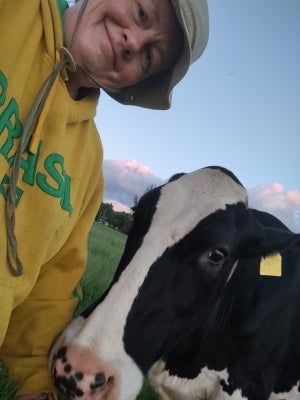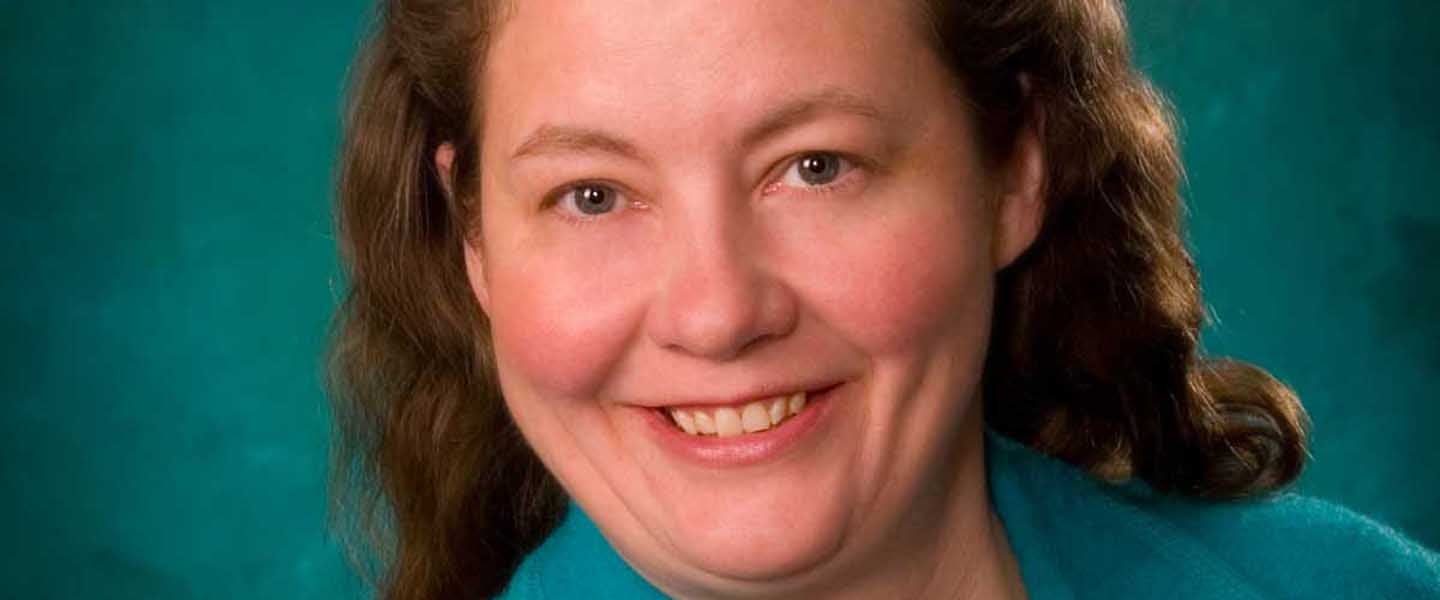Doris Mold spent her childhood tagging along doing farm chores, helping her dad feed calves and milk cows on the family dairy farm. Mold loved working on the farm and hoped to operate her own farm one day, but when she told her extended family she wanted to be a farmer, they quickly interjected.
“They said, ‘You mean you want to marry a farmer,’” she recalls. I said, ‘No, I want to be a farmer.’” Mold was undeterred.
When she joined North Branch FFA in 1976, she was the only female member of the North Branch, Minn., chapter and, despite a lack of encouragement from her FFA advisor, she became chapter president, then district president and ran for state office twice. She lost both times, but her passion for agriculture and leadership never wavered.
“It hurt at the time,” she admits. “You figure out other ways to serve and make a difference.”

Mold has found countless ways to make a mark in agriculture.
Since then, Mold has found countless ways to make a mark in agriculture. She is the president of Sunrise Agricultural Associates, a consulting firm focused on strategic and business planning and marketing for agricultural companies, including farms. She also serves as co-CEO of Annie’s Project, a nonprofit organization that empowers women in agriculture by providing educational programming and networks, particularly for women farmers and ranchers.
She balances both roles while teaching farm and agribusiness management courses for the MAST International program at the University of Minnesota, operating a dairy farm and volunteering for numerous efforts in the ag community, including farm stress programming, agricultural advocacy efforts, and FFA and 4-H programs.
Growing up with few female role models in agriculture helped Mold understand the importance of paving the way for other women in the field. In fact, she served on the expert panel that advised the U.S. Department of Agriculture on changes to the way it collected data on the gender of farm operators in the Census of Agriculture to ensure that women were being counted.
“We saw a 27% increase in the number of women farmers. It wasn’t because we suddenly had all of these additional women farmers. It was because we finally started asking the right questions,” Mold says. “It felt really good to know that I had a hand in making sure that women were counted.”
In honor of Women’s History Month observed in March, Mold hopes the next generation of women in agriculture continue to pursue their passions and commit to supporting those coming up behind them.
“Seek out mentors; ask for help. Be a catalyst,” she says. “If you see a need, don’t be afraid of starting something new.”












